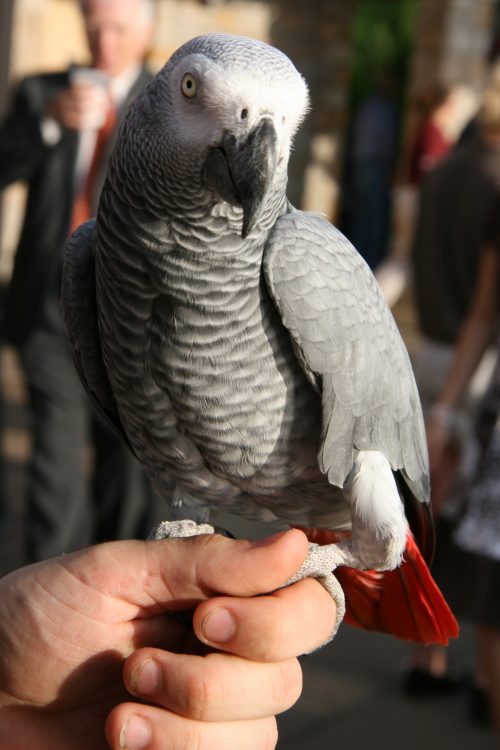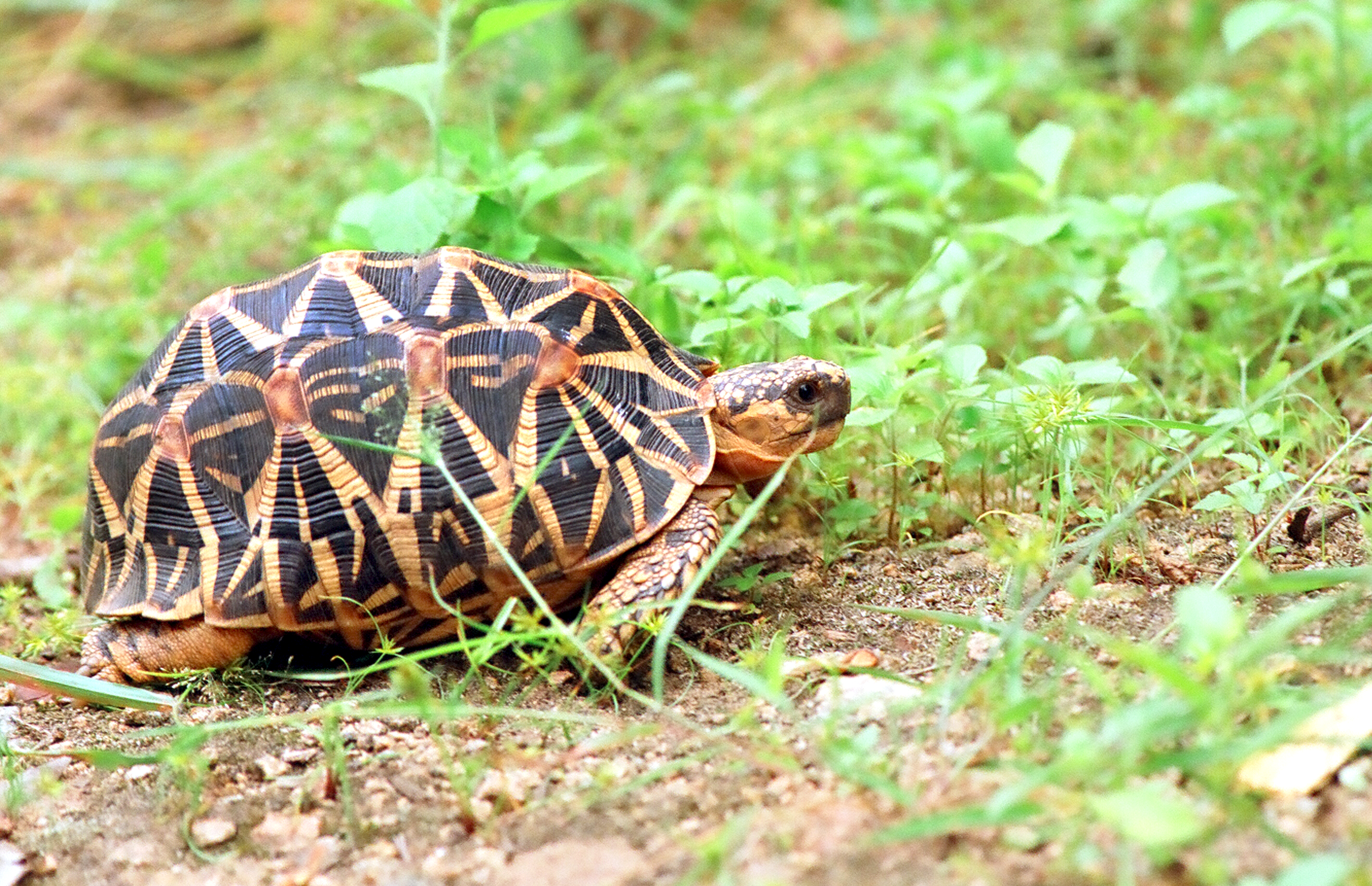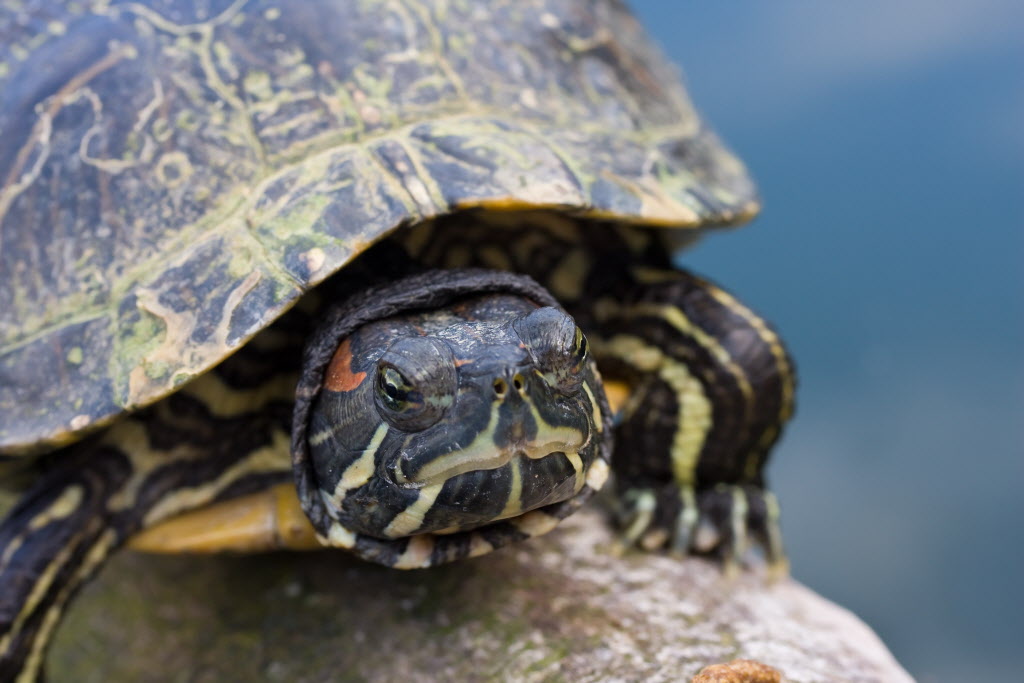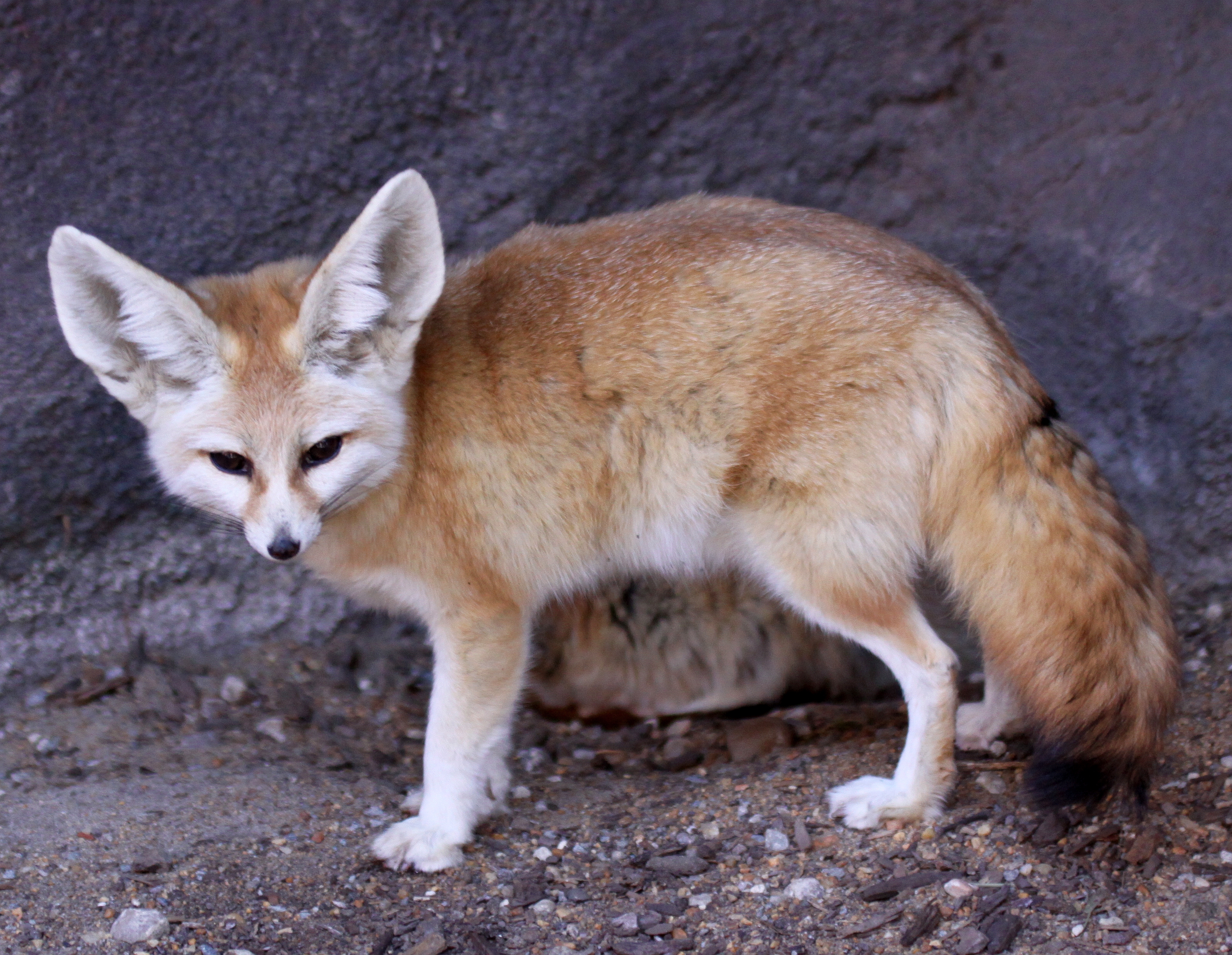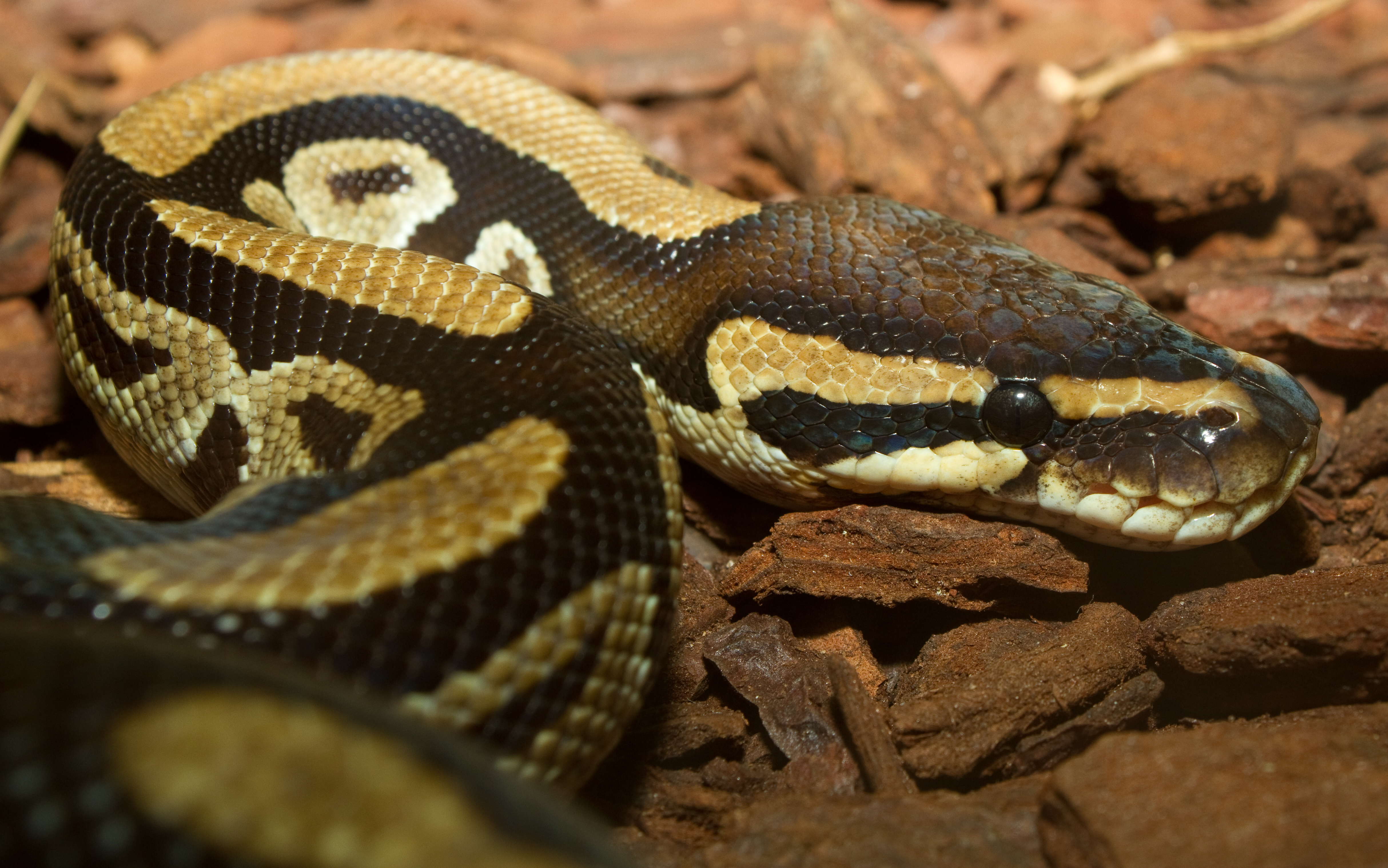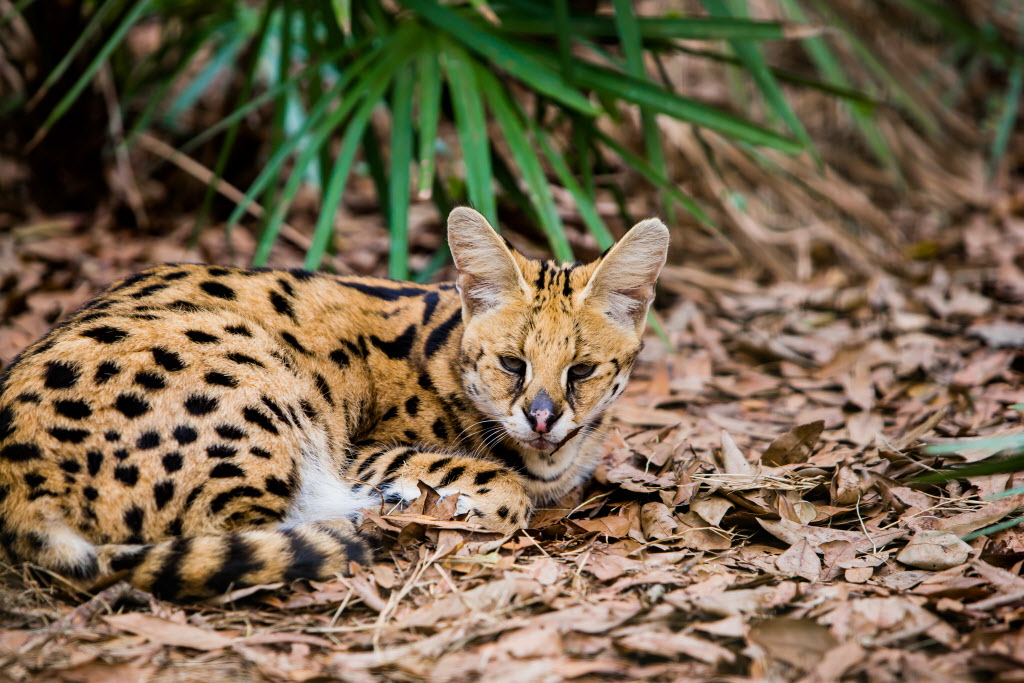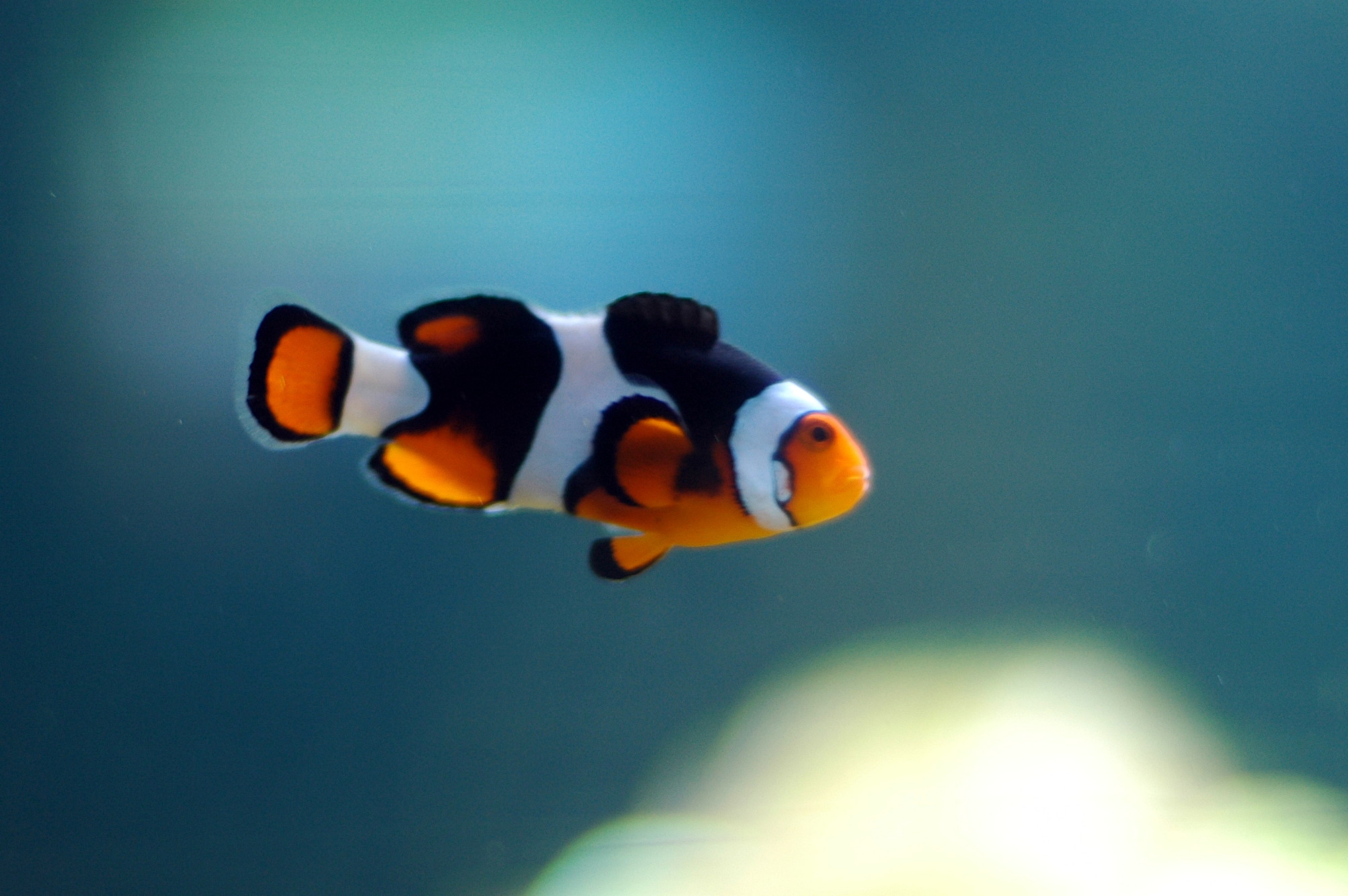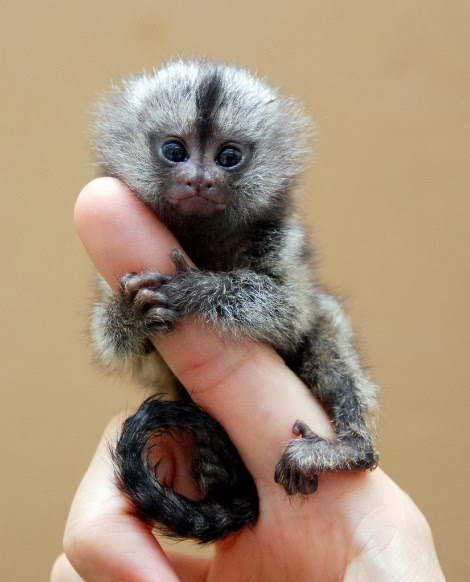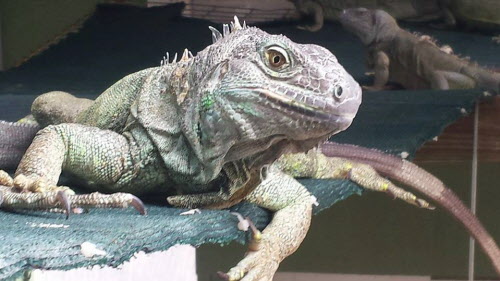TBI Blogs: 9 Popular Animals From Tortoises to the ‘Nemo’ Clownfish That Should Not Be Kept as Pets
The home is no place for wild animals. While they are self-sufficient in their natural habitats, outside the wild, only experts with years of veterinary and animal behaviour training can provide the care that wild animals need.
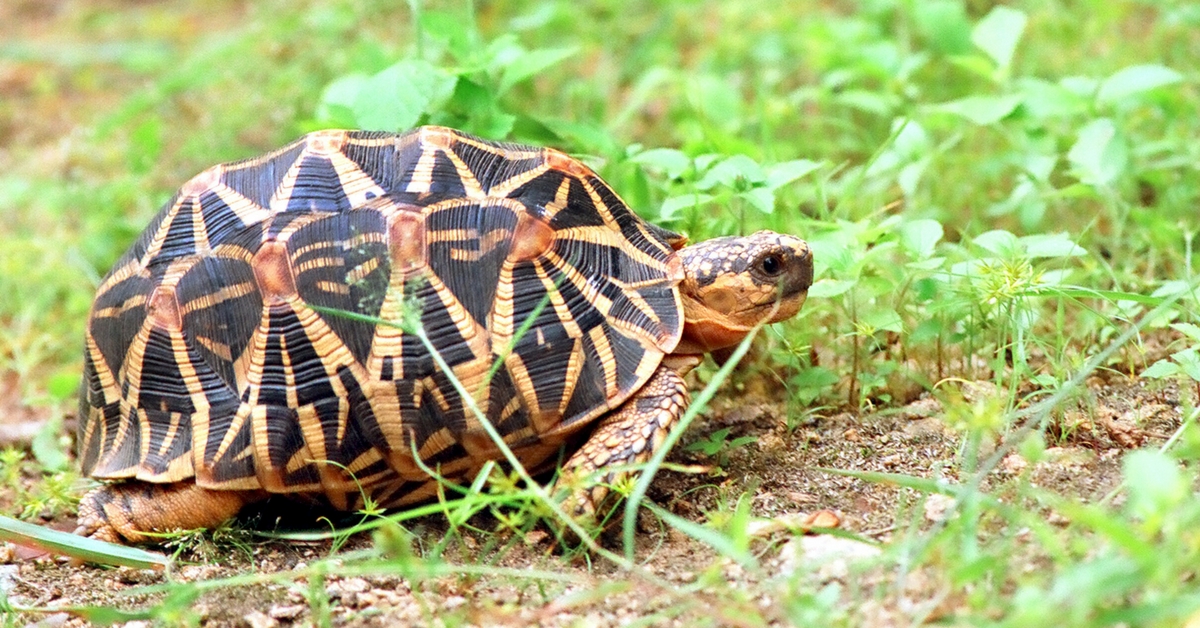
The home is no place for wild animals. While they are self-sufficient in their natural habitats, outside the wild, only experts with years of veterinary and animal behaviour training can provide the care that wild animals need.
What sort of animals are you imagining when you think about wild animals? Are you picturing a leopard in a car? A baby panda in a flat? The definition of a wild animal is broader than you might assume, and encompasses a whole industry of ‘exotic pets’ bred for captivity, all part of an endless cycle of cruelty, suffering, and confinement.
So here are nine wild animals we see too often kept as pets, but that we can be sure would be far happier in their natural habitats.
Protected Birds
Birds are popular pets, as they’re seen as small and easy to manage. But one feathered friend is not the same as another. Large parrots make poor pets, because they live for up to 70 years (and so may outlive their owners), and they are highly intelligent and so are difficult to keep happy in captivity. There are plenty of birds covered by our Wildlife Protection Act (1972), making it a violation to capture or hunt them because their populations face extinction.
Other species are protected from international commercial trade under the Convention on International Trade in Endangered Species of Wild Fauna and Flora. These include birds which you routinely see for sale, such as the African grey parrot, the stunning blue-throated macaw, and the distinctive yellow-crested cockatoo. Once seen, these birds are never forgotten, so please look them up and spread the word about the need to do right by them.
Star Tortoise
We’ve all come across tortoises as pets, and they’re often popular with families as it’s assumed that they require limited care. This assumption itself is problematic, as each species of tortoise has its own specific needs and dietary requirements that are often not met in a home aquarium setting.
Tortoises and other reptiles on this list can also carry the salmonella bacteria, which can cause severe illness and is easily spread when an animal is touched or allowed to walk on household surfaces. Some species of tortoise are simply not legal to own. The Indian star tortoise, with its distinctive patterning, is one such species. It’s protected by CITES, and India’s own Wildlife Protection Act.
Red-Eared Slider
As a hatchling, the red-eared slider is a small and undeniably cute turtle. While full-grown, these turtles are magnificent too, but routinely grow up to 12 inches in length, making them unsuitable for most home environments. For every inch of their shells, they need around 35-40 litres of water. Apart from that, they can produce a lot of waste, meaning that their water must be changed frequently. Not ideal for the average house.
Fennec Fox
You may never have heard of the fennec fox, the tiniest member of the fox family, and justly famous for its bat-like ears. They are adorable, and as such are much sought after as an ‘exotic’ pet. Despite their compact size though, these foxes find captivity stressful, and there are still massive gaps in our understanding of their behaviour in the wild. This makes it difficult for us to know how to best care for them in captivity.
Ball pythons
A non-venomous constrictor, the ball python is small (by python standards!), making it popular in the pet trade. But these creatures are used to roaming freely through the jungle, so putting them in even a large cage is greatly restricting for them. Did you know that you need to feed them frozen mice and rats? Rodents are bred for this purpose and sold via pet stores, supporting the cycle of cruelty that pet shops perpetuate.
Serval Cat
Instagram may be full of them, and their cheetah-like spots are striking, but the serval cat is a wild animal and not an overgrown house cat. They have an incredible amount of energy, and need a large space over which to hunt, climb, and even swim. While they can be affectionate, they play using their (very sharp!) claws and teeth. These cats are also likely to chew anything in sight, mark their territory, and could have trouble using a litter tray.
Marine Fish
We all love Finding Nemo, and the film has an important message—marine fish are happier in the oceans, and not in aquariums. Most of the marine species sold in the aquarium trade are captive, bred under poor conditions. These fish have an important role in their endangered coral reef ecosystems – which will be disrupted without them – and they’re not easy to care for at home. They require expensive, saltwater tanks fitted with cutting-edge filters, and will die quickly without adequate care.
Pocket Monkey
Yes, they’re almost pocket-sized, but do resist the urge to put them there, or indeed anywhere outside of the wild. Pygmy Marmosets, or pocket monkeys as they are often known, need far more space than their small size might suggest, and are usually only sold in pairs. They’re also known for scent-marking their surroundings, needing hefty amounts of food, and requiring a heat-controlled environment and plenty of sunlight.
Iguana
Iguanas are famous for doing nothing, enjoying a life of basking in the sun and watching the world go by. Perhaps this is why they are one of the most popular reptiles to keep as pets. They do, however, require a lot of space, being as an adult can grow more than 1.5 metres long. Apart from that, they need a temperature-controlled environment, a specific ‘basking’ spot, and a wide variety of leafy green vegetables daily. Even vets still argue about what the best diet for an iguana is, meaning that many in captivity suffer from deficiencies of both calcium and vitamin D. These deficiencies can cause soft bones, muscle tremors, and premature death.
Cats and dogs have been domesticated over many centuries, and have a unique relationship with humans. Wild animals, on the other hand, belong in the wild, and are at best stressed when kept in captivity. At worst, they can be a danger to humans, and have a greatly reduced life expectancy.
Take pleasure in visiting a national park, or finding a sustainably-run snorkelling experience. Take pictures, and revel in sighting these magnificent creatures in their natural homes and environments. But then leave for your home, and leave them to theirs.
The Better India & The Care Shelter have partnered together to bring an animal rescue van to Bangalore. If you #LovePawsitivity, support this campaign.
Unable to view the above button? Click here
Like this story? Or have something to share? Write to us: [email protected], or connect with us on Facebook and Twitter.
NEW: Click here to get positive news on WhatsApp!
If you found our stories insightful, informative, or even just enjoyable, we invite you to consider making a voluntary payment to support the work we do at The Better India. Your contribution helps us continue producing quality content that educates, inspires, and drives positive change.
Choose one of the payment options below for your contribution-
By paying for the stories you value, you directly contribute to sustaining our efforts focused on making a difference in the world. Together, let's ensure that impactful stories continue to be told and shared, enriching lives and communities alike.
Thank you for your support. Here are some frequently asked questions you might find helpful to know why you are contributing?


This story made me
-
97
-
121
-
89
-
167



